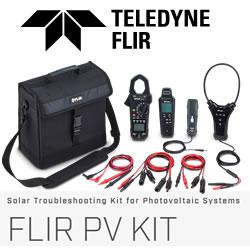STI Norland to Supply 474 MW of Dual-Row Solar Trackers to the Sol do Sertao Bifacial PV Plant
The project will be one of the largest solar plants in Latin America, occupying an area equivalent to 700 football fields
STI Norland, a manufacturer of single-axis solar trackers and fixed structures, is supplying 474 MWp of its solar equipment to a PV project located in Oliveira dos Brejinhos, in the Brazilian state of Bahia.
Once fully operational, the plant will be able to generate 1,150 GWh of clean energy per year which will be entirely intended for the free market. The construction works will end in the second half of 2021.
Sol do Sertão is a project owned by Essentia Energia, a renewable energy company whose financing affiliate is Pátria Investimentos, one of the largest Brazilian investment group.
"The partnership with Essentia Energia is of great importance for STI Norland because it has resulted in supplying our dual-row trackers to one of the largest solar energy projects in Latin America which will have a huge impact on the reduction CO2 emissions into the atmosphere. This large-scale project solidifies the leadership of STI Norland in the Latin American market," said Javier Reclusa, CEO of STI Norland Brasil.
Essentia Energia's CEO, Adriano Vignoli, declared that "although the concern with the environment and the search for sustainable options for energy generation are not new issues, we need to redefine a series of actions of our daily life. In this context, the renewables gain more relevance as they generate benefits in the short, medium, and long term."
STI Norland
STI Norland is an international manufacturer of solar trackers and fixed structures for large-scale PV projects. Headquartered in Spain, where it was founded in 1996, it has subsidiaries in Brazil, Chile, India, Israel, Mexico, South Africa, and the United States. More information at stinorland.com and our social media profiles: LinkedIn, Facebook, Twitter, and Instagram.
Featured Product

FLIR PV KIT - Solar Troubleshooting Kit for Photovoltaic Systems
FLIR PV kits are designed to assess the performance, safety, and efficiency of residential, commercial, and industrial solar panels and photovoltaic systems. PV kits from FLIR help you diagnose faults and potential failures and ensure optimal energy production, system longevity, and compliance with industry standards. With a PV kit from FLIR, you'll be perfectly equipped for any solar installation or repair.
